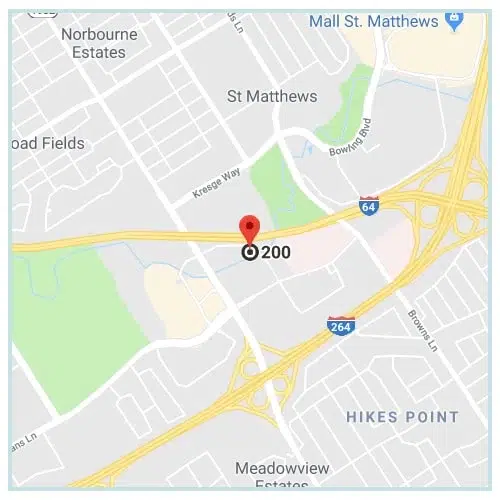When an elderly person becomes unable to perform the activities of daily living on his or her own, the courts may decide to appoint a guardian. The same is true if the individual can no longer manage his or her finances. In Kentucky, guardianship forms a legal relationship between a court-appointed adult and a ward. Medical evidence must establish that the ward is unable to care for his or her personal or financial needs and is legally disabled. The courts may appoint a family member or friend or, if none are available, the Cabinet for Health and Family Services. Not all types of guardianship are created equal. The CHFS Division of Guardianship explores the five types of guardianship the Kentucky courts may appoint.
When the courts appoint full guardianship or conservatorship, the guardian assumes responsibility for the ward’s financial and personal needs. In these situations, the ward is fully disabled, and the courts remove all rights save for the right to vote. In extreme circumstances, the courts may even remove that right.
Conservatorship becomes necessary when a person becomes unable to manage his or her financial affairs. The courts may appoint a family member or a state conservator to act as a fiduciary of the ward.
A personal guardian assumes responsibility for just the ward’s personal affairs. These may include ADLs such as eating, bathing, grooming, toileting, shopping, dressing, getting out of bed, medication management, etc.
Limited conservatorship occurs when the courts appoint a guardian to oversee just some of the ward’s financial affairs. In these situations, the courts will decide which civil rights the ward may and may not keep. Said rights may include the right to sign checks, sell property or create a will.
The courts may appoint limited guardianship if medical evidence suggests a person is only partially disabled. The guardian, in this case, would help the ward manage some of his or her personal needs. As in cases of limited conservatorship, the courts will decide which civil rights the ward may keep. Some rights include the right to drive a car, the right to vote and the right to make medical decisions.
This article should not be used as legal advice. The contents are for educational purposes only.



